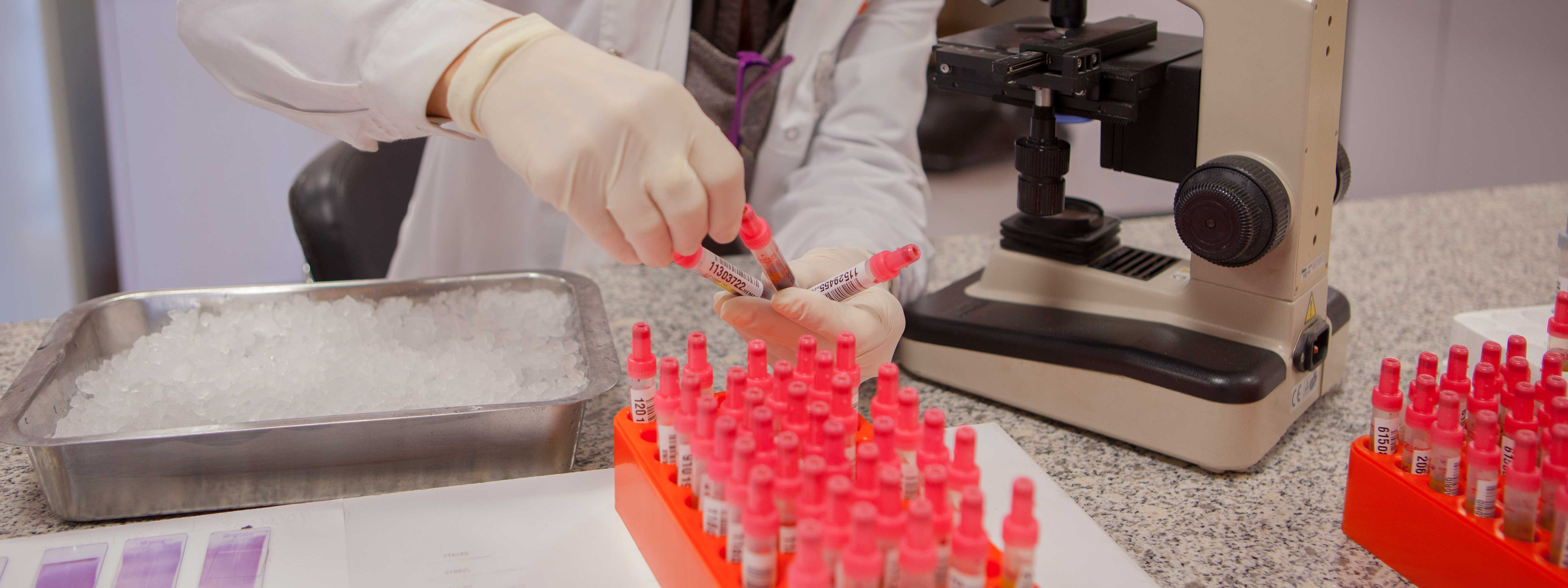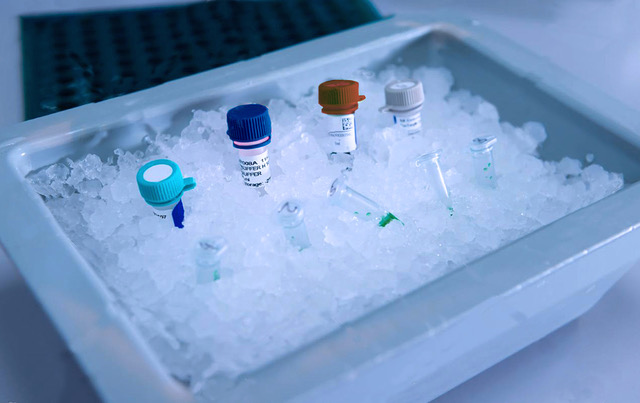The importance of ice in the transport of vaccines

Lately we are hearing very good news about the COVID-19 vaccine, it seems that it is already in the final stage, and one of the topics that is being discussed the most in the news is the delicate transport of the dosage and its storage. In today’s post, we are going to tell you what is the role that ice plays in this whole process.
First of all it must be mentioned, in the case of vaccines, like other sensitive products such as frozen fish or chemical materials, it is essential that the cold chain is not broken, since, if this happens, the doses will lose all their qualities. Thanks to ice, pharmaceutical companies are able to maintain a constant low temperature throughout the journey and subsequent storage.
The Vaccine Journey
Once the pharmaceutical companies have the necessary permits to market their vaccines, it will be time to transport the doses to all corners of the world. For this, millions of doses are planned to travel in large planes and distribute the vaccines in record time.
To maintain the cold chain, inside the planes there will be hundreds of boxes no larger than a suitcase with the doses and dry ice to keep the temperature at the required levels. Another alternative that is being considered is to use liquid nitrogen since it can reach up to 150 degrees below zero.

Crushed ice the best solution for transporting delicate products
Another alternative is the use of crushed ice to preserve vaccines as this type of ice is more humid and is perfect for transporting delicate products.
Crushed ice is characterized by being made up of thousands of microscopic crystals and thanks to its tiny size it can instantly occupy a larger surface area and maintain a constant temperature throughout the journey.
We can find crushed ice in a large number of industries such as supermarkets, fishmongers, pharmacies and laboratories to keep products at low temperatures and in other sectors such as hospitals and in physiotherapies to reduce pain.
In addition, for the scientific sector it is a great advantage since it allows researchers to work directly with small volumes of sample in their banks without having to resort p to special cold rooms, thus facilitating their work to a great extent.
Thanks to crushed ice, such as the one made using the ICE QUEEN ice machines, we can preserve delicate products, such as vaccines, at a very low temperature, for a long period of time and without breaking the cold chain.
